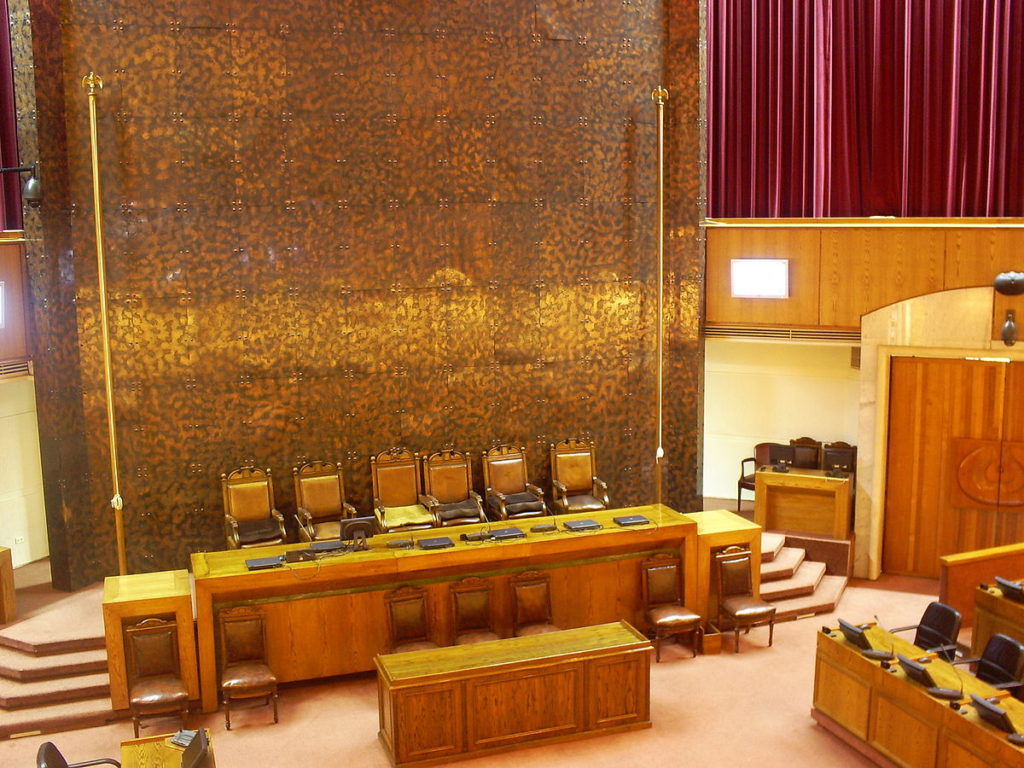Chilean senators pause to ponder tax impacts

A controversial mining windfall tax will be the subject of a monthlong debate in Chile’s senate as lawmakers hear from companies and unions on the potential impact on mines that generate more than a quarter of global copper.
The senate’s mining and energy committee will hold weekly hearings on the proposed royalty through mid July, according to a session held Wednesday. The committee received requests to testify from executives from BHP Group, Antofagasta Plc and Teck Resources Ltd. among others.
A thorough discussion on the implications of a bill that would impose tax brackets based on the price of copper would come as somewhat of relief to the industry. The version approved in the lower house would lift the total tax burden well above other major copper jurisdictions, threatening future investments needed to help fill a supply gap in the shift away from fossil fuels.
The ruling center-right coalition opposes the bill, saying an existing sliding tax on profit should be allowed to operate in the current high-price environment. Copper futures have jumped 69% in the past year as economies recover.
Earlier this month, Mining and Energy Minister Juan Carlos Jobet called for a broad discussion on what the top copper-producing nation wants to get out of mining, rather than rushing in to vote on a proposed new tax system.
The fact that most major mines have tax stability agreements through 2023 means there’s no need to rush the technical analysis and there are better ways to raise funds for social spending, the minister said at the time.
Still, brokering a less onerous tax reform for mining won’t be easy given mounting pressure to address inequalities exacerbated by the pandemic. That challenge was underscored by the political establishment’s crushing defeat in elections to chose an assembly to write a new constitution.
The royalty bill would still have to go to the senate floor and back to the lower house if major changes are made.
(By Daniela Sirtori-Cortina and Valentina Fuentes)
{{ commodity.name }}
{{ post.title }}
{{ post.date }}




Comments